
views
Acting During the Fight

Make sure you respond with a cool head. If your friend becomes angry, do not get angry back. Keep your answers levelheaded, respectful and mature; refrain from swearing, name calling or using other abusive language. You should also avoid using all caps and multiple exclamation points, as that is seen as the Internet version of shouting.

Avoid playing the blame game. Even if your friend started the fight, you will want to avoid assigning the blame to him or her by saying "Well, you started it!" or "This never would have happened if you hadn't (done what your friend did)..." It doesn't matter who started the fight, it's just best if the fight comes to an end. Instead of using these phrases, apologize for anything you did wrong and ask for the fight to come to a halt. It's never a good idea to engage in any back and forth—this just escalates the situation and makes it worse.

Take some time to cool down. If you are feeling furiously angry at your friend, or if he or she just wants to continue the fight, this is the best option. Tell your friend you have to go. Excuse yourself with a phrase such as "I have to go, so bye now" or even just "got to go, bye" and take some time away from the social media website (and the computer) to recharge and cool down. It might help to take a relaxing shower, go for a walk, talk to a trusted adult, or write down your feelings.
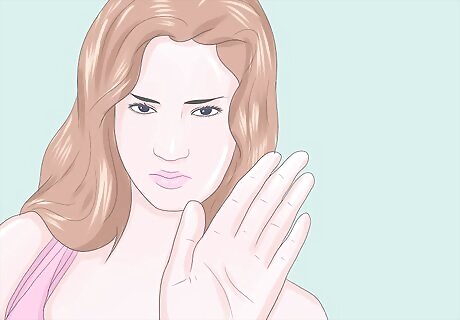
Never screenshot the fight and send it to any of your other friends. They might gossip to their friends and family, or if you're fighting with a school friend, they might start a rumor around the school that you and your friend are fighting over the Internet. It's better to be safe than sorry that way.
Having a Talk with Your Friend
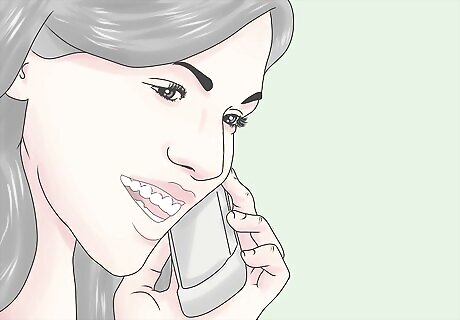
Set up a time to discuss the fight in person. Fights can get very heated on the Internet, so it is best to discuss it in person rather than on the Internet. Ask your friend what an appropriate time for a talk would be. You can also go "impromptu" but this only works if your friend is available enough; if he or she is usually busy, it is best to set up a time in advance. You can also offer to call your friend to discuss the fight.

Tell your friend that you need to talk about a serious issue. If he or she becomes angry or lashes out, listen, but do not lash out in return. Stay levelheaded and respectful, and avoid shouting, yelling, name calling, or screaming out vulgarities and swear words.

Bring up the fight on social media and state that you want to discuss the issue. If you had upset or angry feelings about something that your friend did that caused the fight (or caused you to say something that you didn't mean or shouldn't have said), now is the time to calmly and respectfully take up your concerns with your friend. For example, you could say, "Mary, I didn't appreciate it when you called me a nuisance and a loser the other day (just for mispronouncing your last name) when we were chatting on Facebook. It made me feel insulted and unappreciated. Please understand that just because you know how to pronounce a word or a name, doesn't mean that everyone in the world does. I would truly appreciate it if you avoided insulting me the way you did from here on forth".
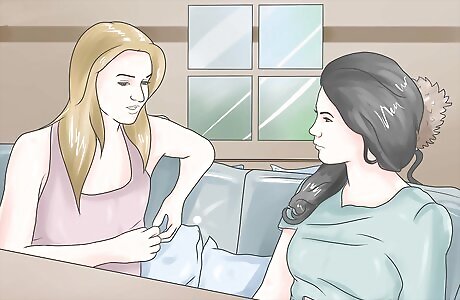
Anticipate your friend to share his or her story as well. There are two sides to the story of a fight. As your friend shares his or her story, listen and don't interrupt (and don't finish your friend's sentences for him or her; wait patiently for him or her to finish the sentence).
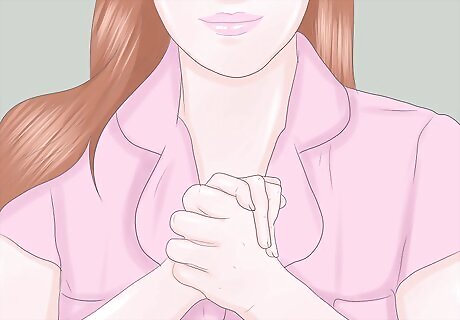
Admit your wrongdoings and apologize for them. Perhaps you did something wrong that caused the fight, or escalated the amount of conflict between you and your friend, so now is the time to apologize. When you are apologizing, be sure to use "I" statements. Address the apology to yourself and what you did wrong, not what your friend did wrong. Example of a proper apology: "John, I'm sorry that I told you to back off when we were chatting on Instagram on Thursday. I was stressed and tired from a long day at work, plus thinking about the paperwork I had to file. I will take care to think before I respond to you in the future". Example of a non-apology apology: "I'm sorry that I called you an insulting name, but you were annoying me so much that I got mad at you and decided to retaliate".
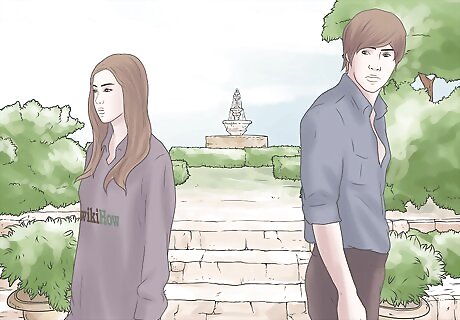
Keep a distance from your friend for awhile. Try to avoid contacting him or her on social media for a while until you both have had some chance to recover from the fight.
















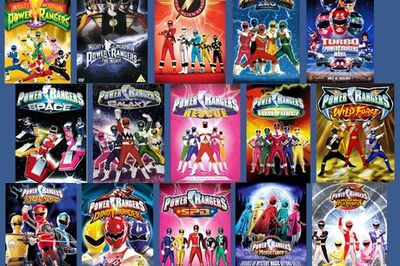

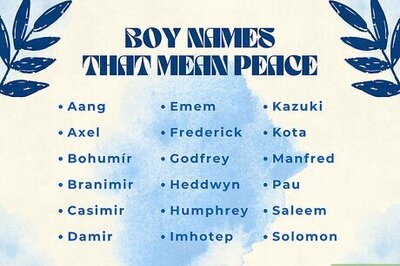

Comments
0 comment